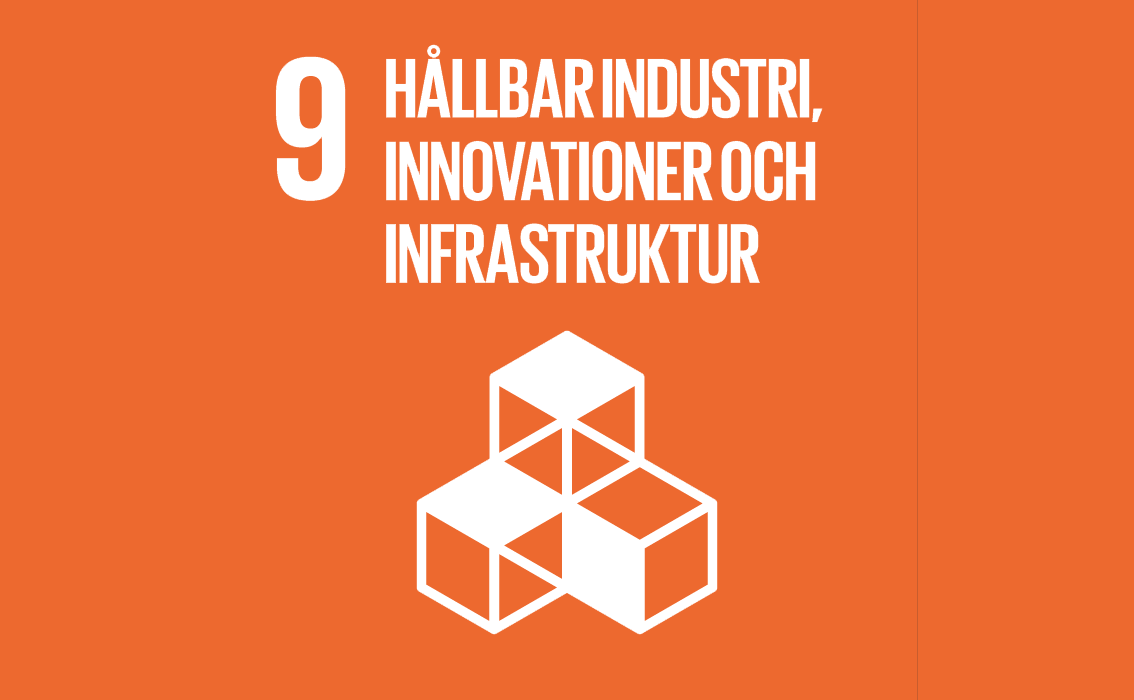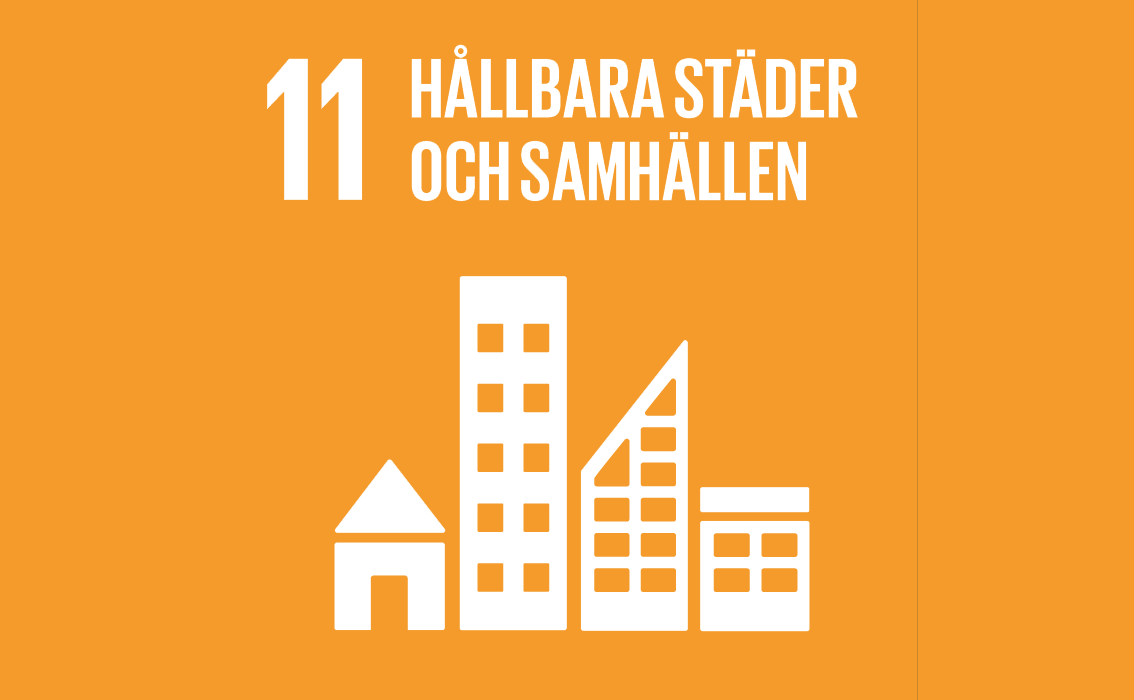BRAINSAFEDRIVE: A Technology to detect Mental States During Drive for improving the Safety of the road
BRAINSAFEDRIVE will develop a tool as attentional detectors that detect drivers’ mental state in terms of stress, cognitive load, sleepiness in real time during simulated and/or natural driving situations.
Avslutat
Projektets webbplats
Start
2018-03-01
Avslut
2023-12-31
Huvudfinansiering
Samarbetspartners
Forskningsområde
Forskningsinriktning
Projektansvarig vid MDU
Cognitive Neuroscience results suggest that cerebral activity collected in subjects that perform visuo-motor tasks is quite different when the subjects became “tired”, or “inattentive” with respect to “normal” mental states. BRAINSAFEDRIVE will develop a tool as attentional detectors that detect drivers’ mental state in terms of stress, cognitive load, sleepiness in real time during simulated and/or natural driving situations.
Goal of the project
BRAINSAFEDRIVE aims to generate a system that detects in real time dangerous mental states for the drivers in simulated and real drive. Here, it combines two necessary state of the art expertise’s: 1) the acquisition and analysis of cerebral signals i.e. Electroencephalography (EEG) and Electrooculography (EOG); 2) the application of artificial intelligence and machine learning algorithms. The drivers’ mental state will be correlated with vehicular parameters e.g. brake, speed, acceleration, lane chnges etc and classify the driving as "normal, healthy and safe” driver.
During the project, the activities are included are: state of the art, to generate the experimental setup for the collection of cerebral data during drive, determine the of computational algorithms necessary to extract meaningful features from acquired data studying and analyzed the data, developing the tools and evaluating the results. Here, young Italian scientists of DMM will be trained to use the complex algorithms for machine learning from the Swedish group (MDU). Swedish scientists will benefit instead from expertise in cerebral signal processing from the Italian group to increase their knowledge in such area.




